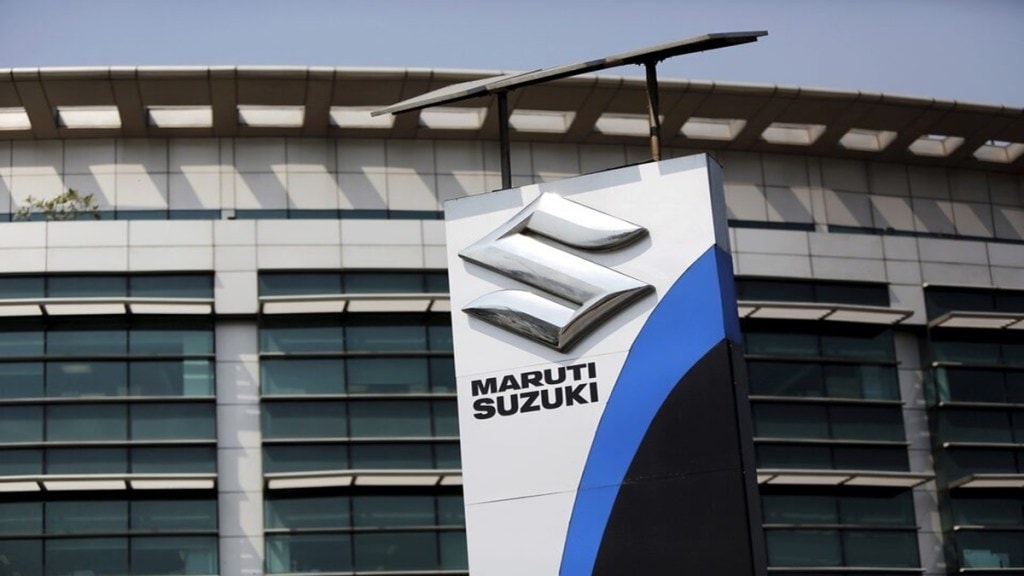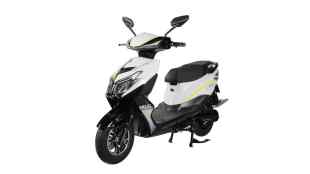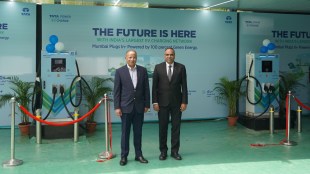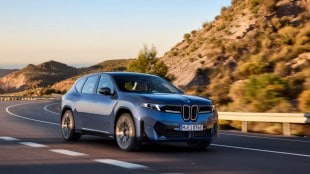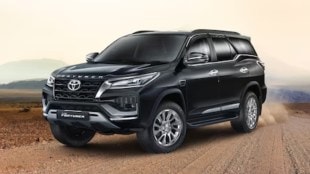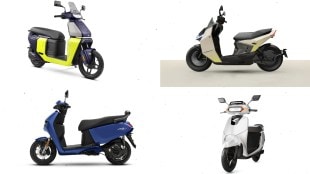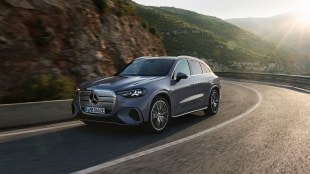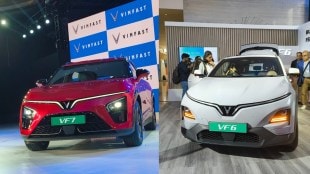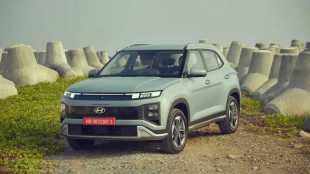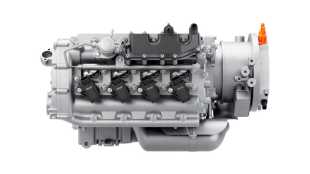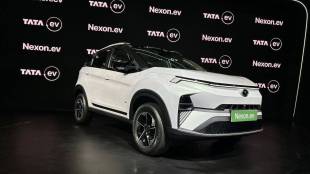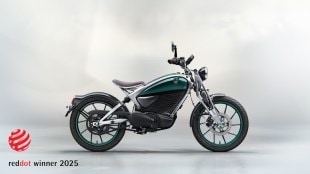India leapfrogged several spots last year to become Toyota’s fourth-largest market — its highest ranking since the Japanese brand entered the country in 1997. This growth was largely driven by Suzuki-developed products rebadged for Toyota.
Rising from 10th place at the end of 2022, the Indian market climbed to 4th spot for Toyota Kirloskar by the close of 2024. During this period, the company nearly doubled its sales to 300,000 units, overtaking key markets such as Indonesia, Thailand, Australia and Canada. India is now a bigger market for Toyota than any in Europe, including the UK.
The US, China and Japan were Toyota’s top three markets in 2024, in that order. Outside its home market of Japan, India now ranks as Toyota’s third-largest market.
While for Suzuki, India remains the largest market in the world, for Hyundai, India is now the third biggest market. It is also among the top five for Kia.
However, a significant portion of Toyota’s growth in India came from non-traditional Toyota models. In 2024, nearly one-third of its volumes — around 96,600 units — were produced by Maruti Suzuki. These were Suzuki models rebadged and sold under the Toyota brand.
The Maruti Baleno is rebadged and sold as the Toyota Glanza, the Maruti Fronx as the Toyota Taisor, the Ertiga as the Toyota Rumion, and the Grand Vitara as the Toyota Hyryder. The rest of Toyota’s volumes in India come from its core models — the Innova Hycross, Innova Crysta and the Fortuner.
Toyota ended FY24 as the fifth-largest carmaker in India, recording a 26% year-on-year volume growth — significantly outpacing the 2% growth of the overall passenger vehicle industry during the same period.
Toyota’s reliance on Suzuki and the cross-badging of products is set to continue this year as well. Maruti Suzuki’s upcoming electric car, the eVitara, will also be shared with Toyota. With this, both companies will mark their entry into the electric vehicle segment.
The success of the cross-badging strategy of Suzuki and Toyota has bucked the trend seen in the past. Similar strategies were adopted by Renault and Nissan, Volkswagen and Skoda, Renault and Mahindra and Nissan and Ashok Leyland without much success.
